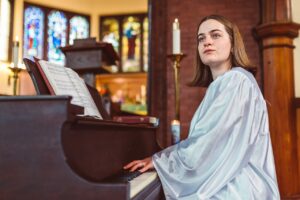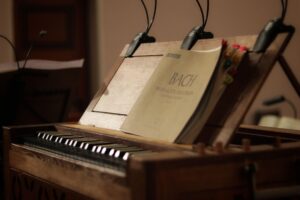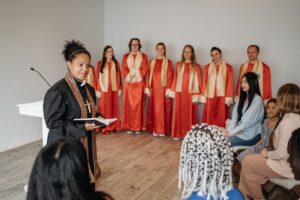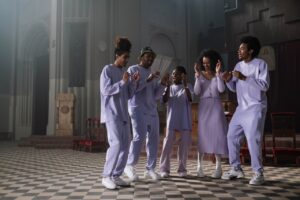What are some of the ways religion influences music?
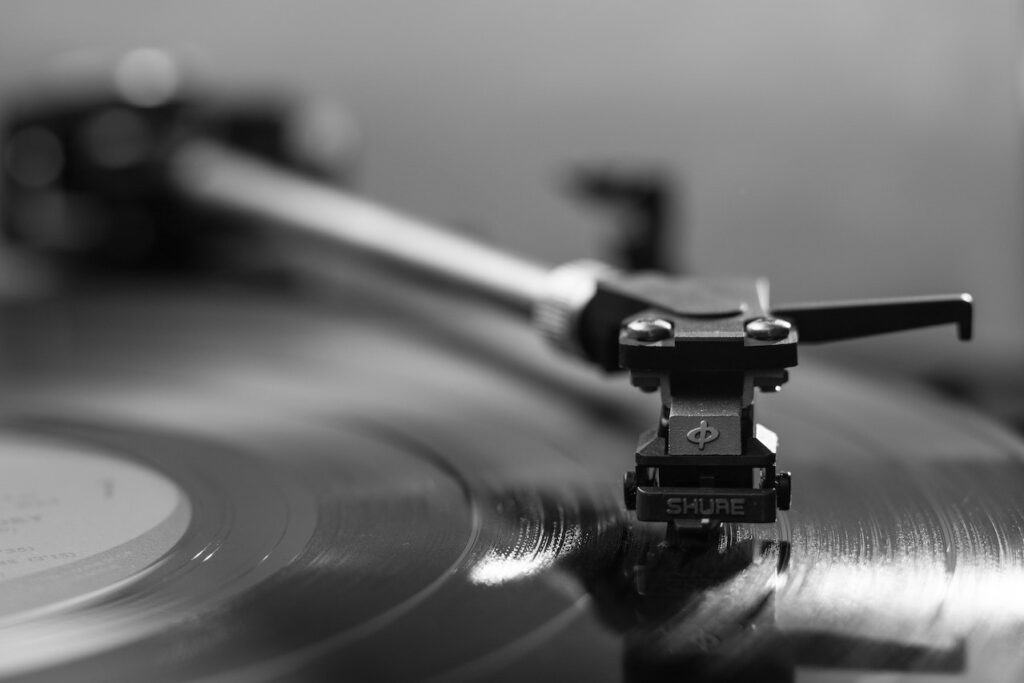
While it often isn’t given the credit it deserves for carrying musical traditions religion continues to influence and shape our musical tastes. The values of liturgical music and religious songs are to encourage participation and build community — while giving praise and thanks to a higher power.
What kind of entertainment was provided by the Chautauqua circuit?
Understanding Circuit Chautauqua. With a variety of leisure opportunities from vaudeville theaters and nickelodeons to dance halls and amusement parks New York City was an urban Mecca of possibilities for amusement-seekers in the late nineteenth and early twentieth centuries.
What role does religion play in the history of music?
Music is a nearly universal part of religion because it appeals to and heightens human senses in a pleasurable way which in turn allows humans to praise through a medium that makes worship more enjoyable.
How music is used in religion?
Music unites the congregation so that God is worshipped with one voice. A wide variety of music is used in Christian worship including hymns psalms choral music gospel songs contemporary music and instrumental music played for meditation and reflection.
How does music influence your faith in God?
Putting religious text to music allows for a more involved worship experience incorporating song performance skills that give the performer and the listener a heightened sense of praise. In this way music can be used as a tool for praise that is appealing to the worshiper.
What are the examples of religious music?
- Buddhist music.
- Christian music.
- Hindu music.
- Islamic music.
- Jewish music.
- Neopagan music.
- Rastafarian music.
- Shamanic music.
See also where did the name africa originate
What is a Chautauqua performance?
What exactly is a Chautauqua? ◦ Chautauqua is a living history program in which performers in costume and in character bring historical figures to life in theatrical monologues.
What is Chautauqua known for?
Chautauqua (/ʃəˈtɔːkwə/ shə-TAW-kwə) was an adult education and social movement in the United States highly popular in the late 19th and early 20th centuries. … The Chautauqua brought entertainment and culture for the whole community with speakers teachers musicians showmen preachers and specialists of the day.
Where are the Chautauquas?
“Chautauqua” is an Iroquois word with multiple meanings including “a bag tied in the middle” or “two moccasins tied together.” The word describes the shape of Chautauqua Lake located in southwest New York which was the setting for the Chautauqua Institution the first educational assembly in what became a …
How are their music religion and culture related?
Music and religion are closely linked in relationships as complex diverse and difficult to define as either term in itself. … The values uses and forms of religious music are as diverse and culture-specific as the religious traditions in which they are found.
When did religious music start?
The introduction of church organ music is traditionally believed to date from the time of the papacy of Pope Vitalian in the 7th century.
How does music reflect and form history and culture?
Music and poetry reflect the culture and folklore of a society. … Songs and music mirror history values norms and the mentality of a society. When folklore and cultural ceremonies are celebrated with songs and music it is to demonstrate the tradition and customs of a society.
What is music composed for religious purposes called?
liturgical music also called church music music written for performance in a religious rite of worship. The term is most commonly associated with the Christian tradition.
Why is music used in worship?
Admonishing – singing hymns and songs helps Christians to correct one another as they examine their lives against the words they sing. Praising – songs and hymns help Christians to worship God and thank Him for the good things He has done for them.
What is a religious song called?
A hymn is a type of song usually religious and partially coincident with devotional song specifically written for the purpose of adoration or prayer and typically addressed to a deity or deities or to a prominent figure or personification. … The singing or composition of hymns is called hymnody.
How does music enhance worship?
Music helps us engage emotionally with the words we’re singing also by stretching things out. It gives us time to think about the words more carefully. Consider the repetition of Psalm 136 or the hymn “It Is Well.” Through repetition the words and emotions are amplified.
What is a religious ritual chanting word from the pasyon?
Pabasa
Pabása ng Pasyón (Tagalog for “Reading of the Passion”) known simply as Pabása is a Catholic devotion in the Philippines popular during Holy Week involving the uninterrupted chanting of the Pasyón an early 16th-century epic poem narrating the life passion death and resurrection of Jesus Christ.

